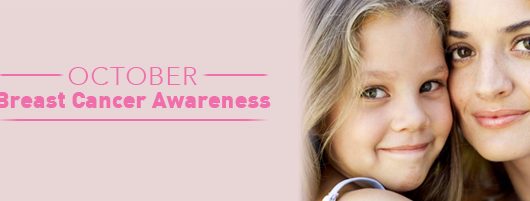Mother’s Day as a national holiday in the U.S. turns 103 this year, and its popularity as a special day for Mom has spread widely around the world.
The holiday’s popularity with Americans is amply demonstrated by the 133 million Mother’s Day cards sold each year, according to the Greeting Card Association. (In contrast, only 90 million Father’s Day cards are exchanged.)
But it’s also easy to forget that not every mother – particularly those who have just given birth, or experienced difficult pregnancies, or have lost a child during pregnancy or delivery – is happy on Mother’s Day.
In fact, more women will suffer from postpartum depression and related illnesses this year than the combined number of new cases for men and women of tuberculosis, leukemia, multiple sclerosis, Parkinson’s disease, Alzheimer’s disease and epilepsy, according to the nonprofit Postpartum Progress, Inc.
Dr. Ruta Nonacs of Massachusetts General Hospital and Harvard Medical School and the author of A Deeper Shade of Blue: A Woman’s Guide to Recognizing and Treating Depression in Her Childbearing Years adds, “Postpartum depression is far more common than gestational diabetes. All women receiving prenatal care are screened for diabetes, but how many pregnant and postpartum women are screened for depression? PPD is also more common than preterm labor, low birth weight, pre-eclampsia and high blood pressure; in other words, PPD is the most common complication associated with pregnancy and childbirth.”
That’s where the Junior League of Los Angeles and the other members of the Junior Leagues of California’s State Public Affairs Committee (CalSPAC) have stepped in, finding ways to create awareness of the widespread problem of postpartum depression, also known as maternal or perinatal depression. For example, by creating an award-winning public service announcement…or by going to the state capital to advocate for legislative action…or by having May declared as Perinatal Depression Awareness Month in California.
For more information on postpartum depression and what you can do about it, go to:
American College of Obstetricians and Gynecologists


